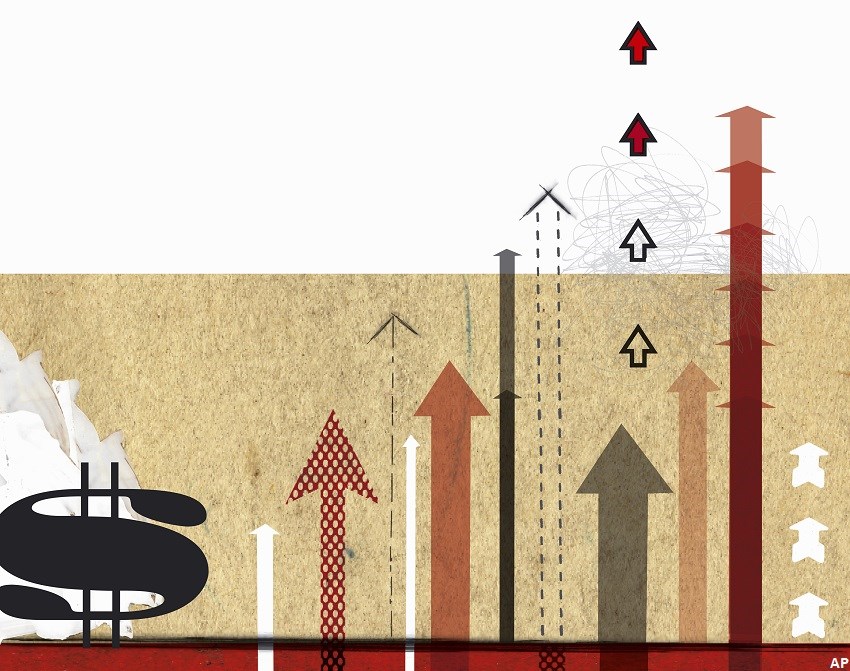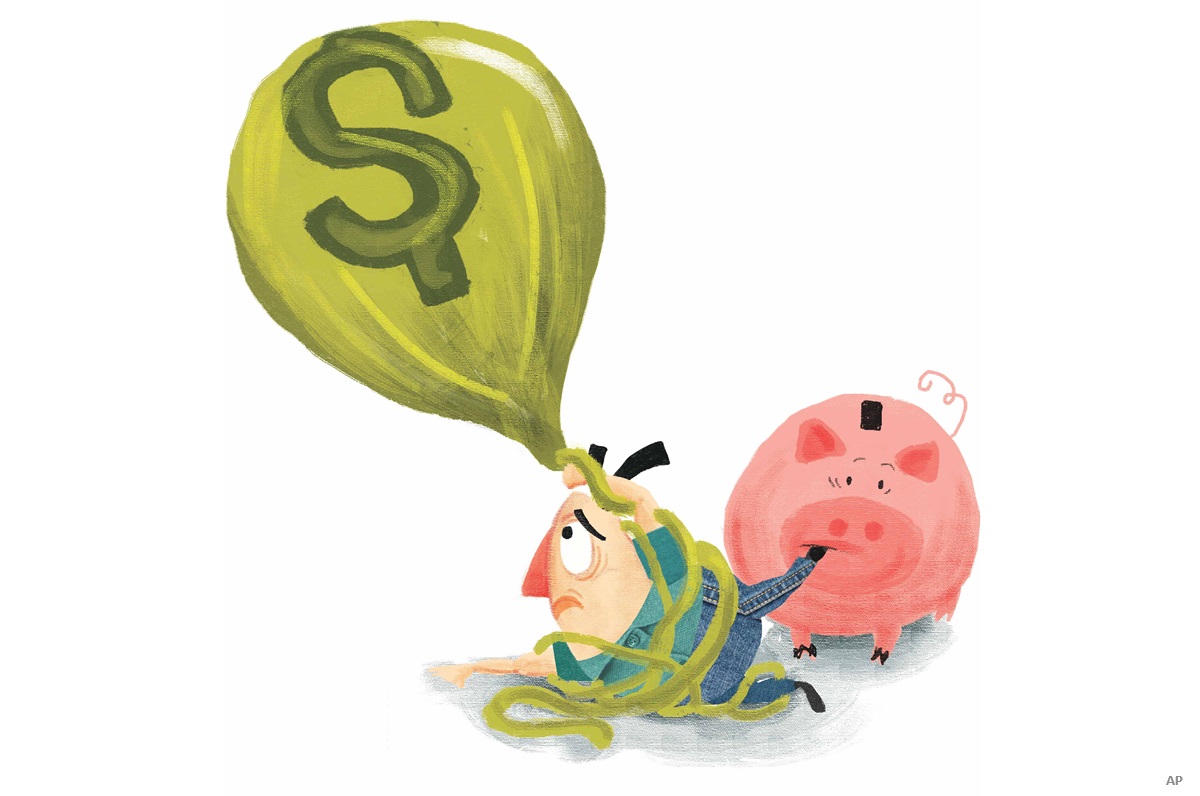
While it’s been a struggle for European stock markets to keep up with the U.S. market for the past few years, in part due to the dominance of the powerful tech giants that exert a major influence on U.S. indices, investing has become even more challenging in Europe with the onset of the Russian invasion of Ukraine.
As of April 30, Mackenzie Ivy European F, sponsored by Mackenzie Investments of Toronto, showed a year-to-date negative return of -12.9 percent. While the drop was disappointing, it was a slightly smaller loss than the Morningstar European Equity category and the comparable benchmark index.
Longer-term, the fund, the Morningstar bronze-medalist fund showed a 3.0 percent average annual gain for the five years ended April 30, a second quartile performance that put it ahead of the category’s average return and a percentage point behind the index.
Toronto-based Matt Moody, vice president and portfolio manager on the Mackenzie Ivy team, who oversees the fund along with senior vice president Paul Musson and assistant vice president Jason Miller, says the portfolio managers seek high-quality companies with the ability to offer superior returns over the next five to 10 years, whatever changes may be in store for the economy and other big-picture factors.
Company Resiliency is Key
“Rather than try to make macro calls on things like the war or the pandemic, we seek companies that can grow in a resilient manner whatever is thrown at them,” Moody says. “We have a long-term time horizon, and sometimes volatility in stock markets can create pricing opportunities.”
While the team doesn’t try to predict the actual direction of the economy, political events or interest rates, it doesn’t ignore the unusual macro-factors that are challenging companies, including what is becoming an increasing prolonged conflict in Ukraine and rising inflation.
“We are not forecasters, but we do look at how well companies can deal with the challenges they are facing,” says Moody.
Oil and Gas Inflection
Energy costs are rising rapidly, as well as other cost pressures, and consumer spending and economic growth will likely suffer.
The Bundesbank said recently that the German economy could contract by up to 2% this year if the war in Ukraine continues and there is a ban on the Russian oil and gas on which Germany depends, as well as weaker external demand for German manufactured goods. Germany is the leading growth engine of Europe, and a German slowdown would have ripple effects.
Knock-on Sticker Shock
With inflation becoming more entrenched globally, some companies are finding the costs of inputs such as labour and materials are rising, as well as the expense of moving goods from one place to another.
“Costs have gone up significantly in a short period of time, and we are looking at which companies may be hurt if inflation sticks around,” Moody says. “We’re looking at pricing power and the strength of the brand, trying to tease out which companies can remain profitable.”
The Mackenzie Ivy team’s approach in Europe has always been to invest in a combination of “domestic champions” that dominate their local market and also have the potential to grow abroad, as well as in global giants that are well-established beyond their borders. However, there is more focus these days on companies that operate globally and make a large share of their profits outside Europe.
European Launchpad
“We want to reduce geographic concentration and market risk,” Moody says.
The fund has zero companies headquartered in Eastern Europe, although some holdings are growing their business in that part of the world.
“We have emerging market exposure through company operations, but prefer companies domiciled in Western Europe due to lower political risk and higher standards of accounting and corporate governance,” Moody says. “There aren’t a lot of global leaders coming out of Eastern Europe.”
A favourite holding is Admiral Group PLC (ADM), a U.K.-based financial services firm specializing in car insurance that has been held in the fund for 14 years.
“The company is economically resilient and has grown impressively in a highly competitive industry,” Moody says. “People will always need car insurance, and the firm is a solid, quiet contributor to the fund. We have confidence it can maintain it greatness for the next five to 10 years, and that is our focus – instead of trying to predict top-down factors such as the consequences of Brexit.”
A solid balance sheet is important in helping companies absorb any shocks, Moody says, along with a strong corporate culture, a less tangible but extremely influential key to resilience.
The Value of Corporate Culture
Corporate culture encompasses a variety of factors including positive employee and community relations, operating efficiency and an entrepreneurial atmosphere. It leads to the attraction and cultivation of valuable employees, greater staff engagement and longer retention.
“Corporate culture is an undervalued asset,” Moody says. “It’s difficult for competitors to copy, and a great long-term advantage for a company that supports other advantages.”
Mackenzie Ivy European maintains a concentrated portfolio of 25 to 30 names. The fund may invest in companies of any size, but they tend to be medium to large capitalization firms. They must be attractively priced and liquid.
The team’s approach is low-turnover, but more active during periods of stock market volatility. The managers are disciplined about paying a reasonable price, and if they find an attractive but expensive company they patiently wait for the price to fall or simply don’t buy.
One company that was added to the portfolio in the past six months is Vestas Wind Systems (VWDRY), a Danish sustainable energy firm specializing in the production, installation and servicing of wind turbines throughout the world. The company has high margins, superior execution and scale advantages relative to its peers.
Another important holding is De Longhi SpA (DLG), an Italian brand leader in the manufacture of coffee-making machines and other high-end small appliances.
“We like the niche and the company stands to benefit as people move toward drinking better coffee and making at home,” Moody says. “These trends have been accelerated by the Covid pandemic.”






















